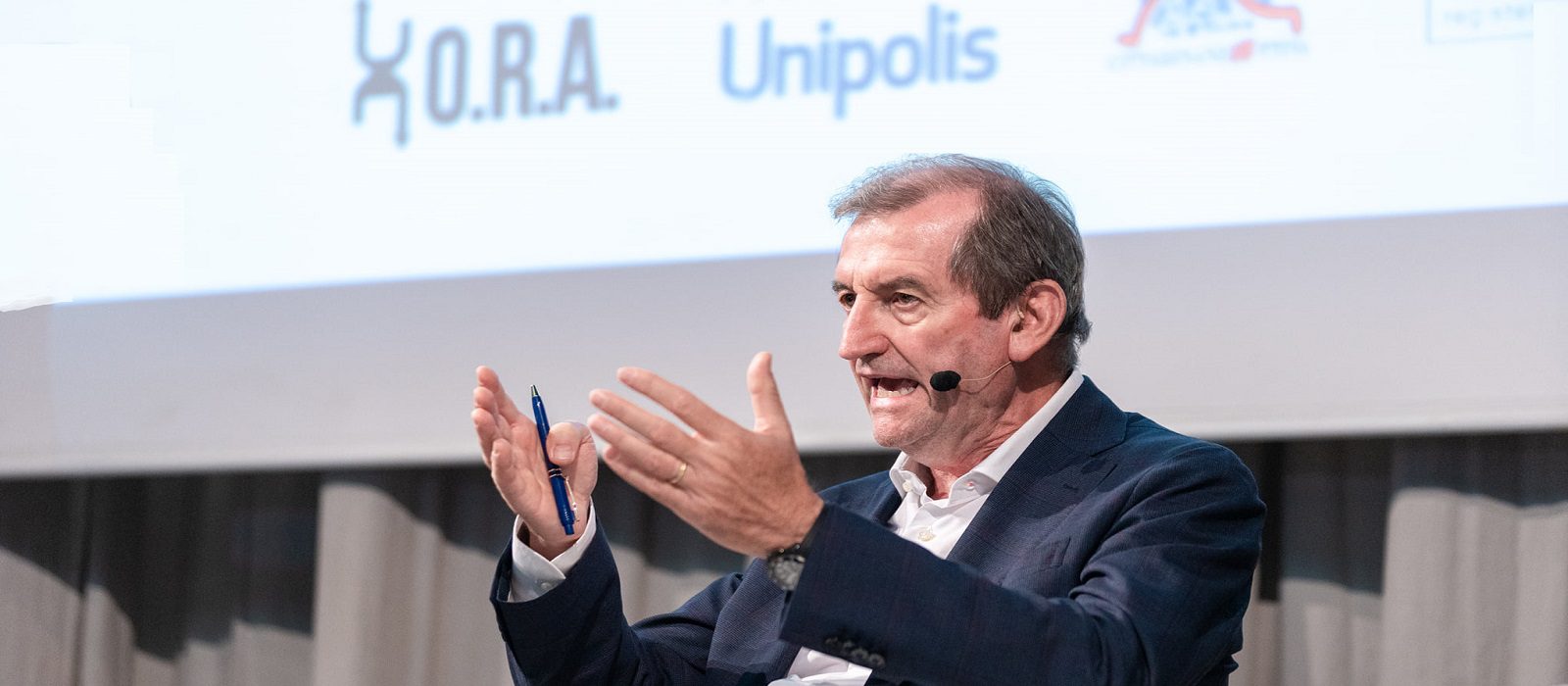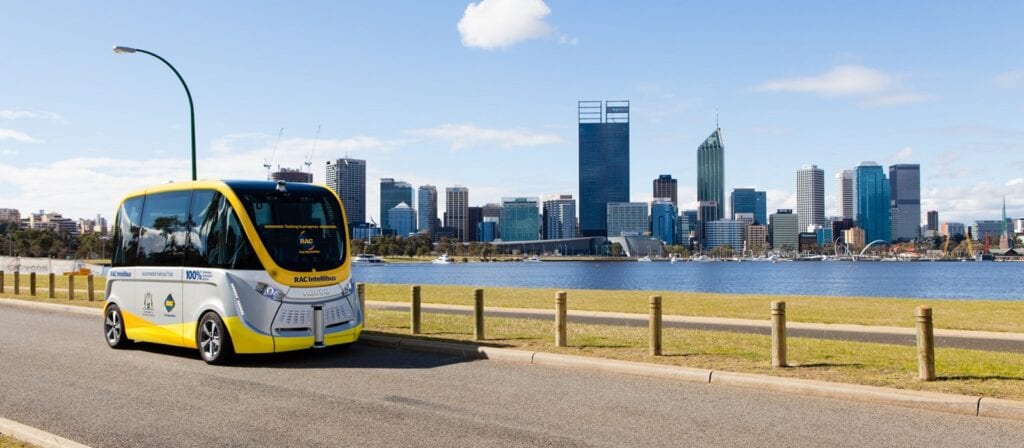Fondazione Unipolis (the Unipolis Foundation) is the corporate foundation of Italian ICMIF member the Unipol Gruppo.
The Foundation’s most recent project, promoted in conjunction with Cittadinanzattiva, an organisation founded in 1978, which promotes citizen activism for the protection of rights, is the fruit of the work of 2,000 students from 57 Italian schools which imagines and sketches out the possible ways in which mobility and the communities of the future will work. The proposals include apps that reward people who use eco-friendly means of transport; sustainable, integrated areas in towns where cars and bikes can be recharged; benches with solar panels; smog-eating buses; and sensors that can reveal whether drivers have taken alcohol or drugs. Ten groups representing ten secondary schools from across Italy presented and delivered the first sustainable mobility Manifesto by Italian schools to Enrico Giovannini, Minister of Sustainable Infrastructures and Mobility, in Rome last week.
The event was attended by Pierluigi Stefanini (pictured), Chairperson of the Unipol Gruppo and Unipolis Foundation and Anna Lisa Mandorino, General Secretary of Cittadinanzattiva. Others attending included: Tullio Berlenghi, Expert operating directly with the Ministry of Environmental Transition; Alessandro Dini, Deputy Coordinator of the Technical-Scientific Committee for the school regeneration project – Ministry of Education; Federica Biassoni, Co-director of the Research Unit in Traffic Psychology – Università Cattolica del Sacro Cuore; and Arianna Fontana, Olympic and World Champion in short track speed skating, Italy’s flag bearer for the Winter Olympics in Pyeongchang and UnipolSai Team Young Italy athlete.
Enrico Giovannini, Minister of Sustainable Infrastructures and Mobility said “the sustainable mobility Manifesto originating from the schools is a very encouraging sign for us since, with the PNRR (national recovery and resilience plan), it takes us in the direction that young people want regarding sustainable mobility. We have a lot to learn from the messages given to us by the girls and boys from all over the country with their documentation, revolving around innovative mobility, the liveability of towns, respect for the environment and more. It is a call for change that also underlies the request to be asked to take part in the transformation process. The governing parties have the duty to make this hope, fuelled by the Covid-19 pandemic, real. The best way to achieve this goal is to involve young people. We are strongly committed to this.”
Pierluigi Stefanini, Chairperson of the Unipol Gruppo and Unipolis Foundation, said “the commitment that we need to prioritise is to create a bridge with young people. Our duty to invest in young people is similar to their right to plan the future, not just a sum of individual paths, but a collective destiny: our communities, our planet. We have to create the conditions to ensure that young people are the driving force behind this change. The results achieved with the O.R.A. project are a positive sign. Not just vague hopes, but real proposals that sketch out a future that is both possible and necessary for everyone.”
Anna Lisa Mandorino, General Secretary of Cittadinanzattiva said “right from the beginning of this journey, we focused on the need to encourage the new generations and make them the leaders in the construction of a new sustainable mobility. We reiterate that today in view of the good work done by all of them, and hope that the ideas and requests of the young people are accepted and sustained by the local communities and public institutions in the next territorial stages that will occupy us for the next few months. This is even more important in light of the provisions of the PNRR (national recovery and resilience plan), which projects can take account – we hope – of the proposals contained in the Manifesto.
More specifically, the Sustainable Mobility Manifesto by Italian schools comprises four sections: Decisions, Changes, Proposals and Future.
The first part includes definitions of the concept of sustainable mobility formulated by the students. The second shows the desirable changes that should be made in the various towns. The third sets out the actual proposals that will be created and the fourth provides a number of ideas for the future describing tomorrow’s mobility. The ideas of the students show that they are very mindful of environmental issues, sharing transport, safety, and a strong leaning towards multimodality and interoperability in addition to a more sustainable approach to the world of local public services.
The Manifesto also comprises a multimedia section that contains the best creative documentation made by the classes. The works chosen come from different geographic locations and recount sustainable mobility in different ways. Some show maps of the territories and proposals to improve the mobility status in communities, others report on the strong sense of the lack of road safety experienced by the young people as members of the public, others transmit slogans and messages with different tones and techniques.
The Manifesto is the result of an educational and workshop-based course that began in 2019 and was supposed take place in person in the various territories but then had to be reformulated due to the pandemic to form part of normal school activities carried out remotely.
The aim of the O.R.A. is to promote a new culture of mobility through innovative sustainable models and active participation by the public, and especially by young people.
In the next few months, the Manifesto will be launched in the 14 metropolitan cities where it will be presented publicly, involving the entire community, starting with the local administrators. The O.R.A. Project is one of the Mobility Actions for European Mobility Week 2021. It was created with the support of the Ministry of Sustainable Infrastructures and Mobility, the Ministry of Environmental Transition, ANCI – National Association of Italian Municipalities and ANVU – Professional Association of Local Police of Italy.






